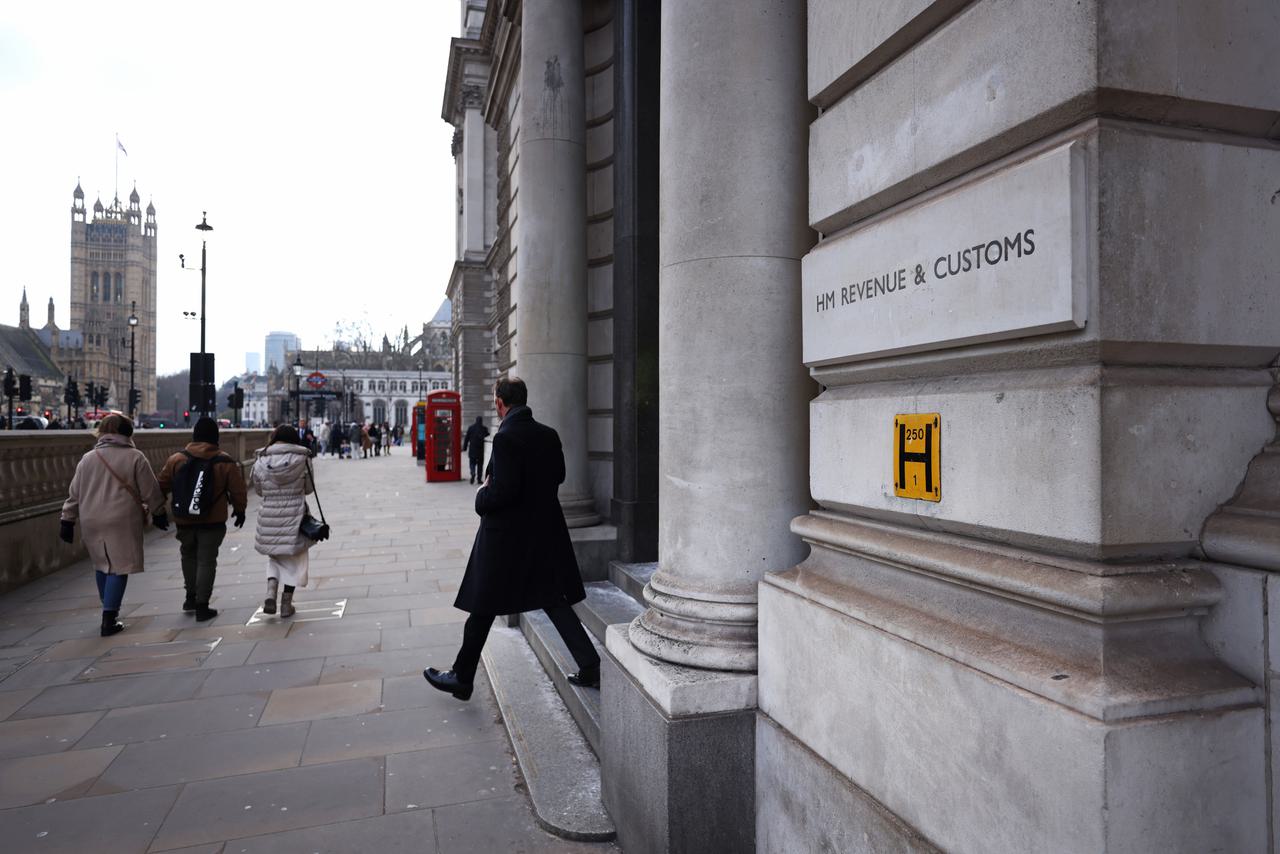
Tax avoidance vs tax evasion: what’s the difference – and which one is illegal?
“In this world, nothing can be said to be certain except death and taxes,” the old quote goes. Tax is all around us: we pay income tax on our salaries and VAT at the supermarket. We pay national insurance tax, capital gains tax, inheritance tax. We all pay into the system in some way or another.
And yet for something so commonplace, taxes can feel like an extremely complicated puzzle, not least for journalists who report on the financial affairs of the rich and powerful.
Two terms that often come up in our reporting are “tax avoidance” and “tax evasion”. They might sound like the same thing – but the distinction is crucial.
What do the terms really mean, and how are they different? Let’s look at them in detail:
Tax Evasion
Tax evasion is a criminal offence.
It can be fairly basic, like deliberately failing to declare everything you earned. This could be money from cash transactions, rental income or side jobs.
It can also be immensely complicated, especially some of the tactics employed by the super-rich. Some involve hiding money or assets in offshore accounts – which is what resulted in F1 mogul Bernie Ecclestone agreeing a £650m settlement to HMRC – or the use of complex corporate structures to conceal taxable income.
Put simply, tax evasion involves dishonesty, deception and a disregard for the law. The consequences can be severe: hefty fines, criminal conviction, even imprisonment.
That said, a recent TBIJ investigation raised questions about how much the UK’s tax authority is doing to clamp down on tax fraud. We found that HMRC investigations led to prosecutions against just 11 “wealthy” people last year – and that it had not charged a single company under legislation brought introduced in 2017 to crack down on the enablers of tax evasion.
Tax Avoidance
While tax evasion is relatively easy to define, tax avoidance is more contentious. There is no legal definition.
Generally speaking, when people in the news talk about tax avoidance they mean efforts to pay less tax in a way that complies with the letter of the law but undermines its purpose. Again, these schemes can be sophisticated. Some involve offshore trusts or companies in low-tax jurisdictions being used to hold assets. Others involve so-called “transfer pricing”, where a multinational company moves its profits from one country to another in order to reduce its tax burden.
But is it illegal? That’s complicated. It can sometimes be done legally. But many attempts to avoid tax have been found to be unlawful. HMRC is generally successful when it challenges tax avoidance structures in court.
Either way, tax avoidance is often viewed as sneaky by the public, and attempts by celebrities or politicians often make the headlines. Critics say these tactics are a way for rich people to exploit loopholes and pay less than their fair share. Many tax advisers, on the other hand, argue that such tactics are simply good planning.
Tax authorities often dispute the real purpose behind these schemes and the individual is forced to pay up – as in the cases of former chancellor Nadhim Zahawi and comedian Jimmy Carr.
If it all sounds quite fuzzy, that’s because it is. The UK’s tax code is notoriously complicated. But when the country’s public services are strapped for cash, the messy world of tax really matters.
That’s why we’re staying on the story. Stay tuned for more.
Reporter: Simon Lock
Enablers editor: Eleanor Rose
Deputy editors: Chrissie Giles and Katie Mark
Editor: Franz Wild
Fact checker: Alex Hess
-
Area:
-
Subject:




